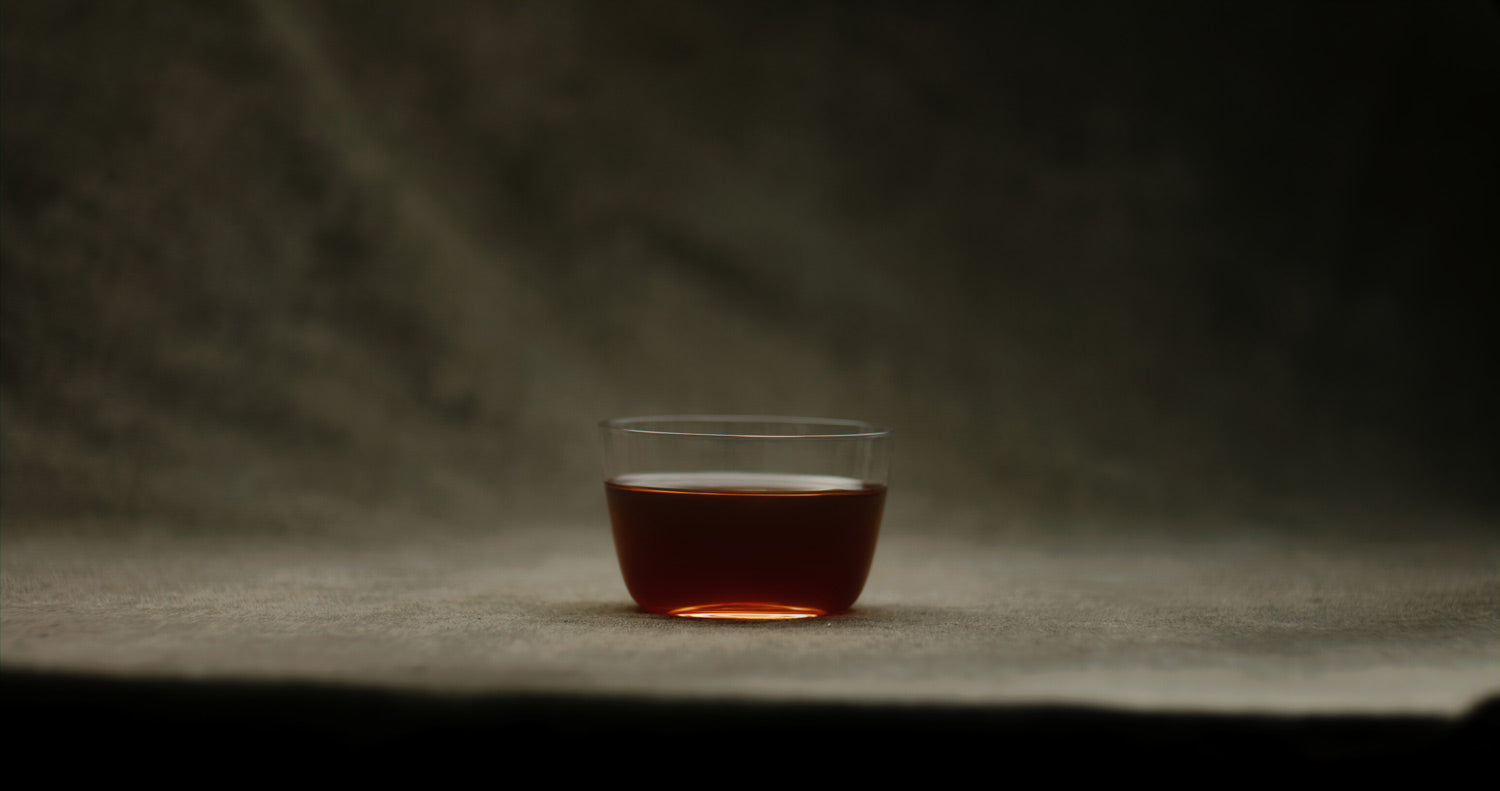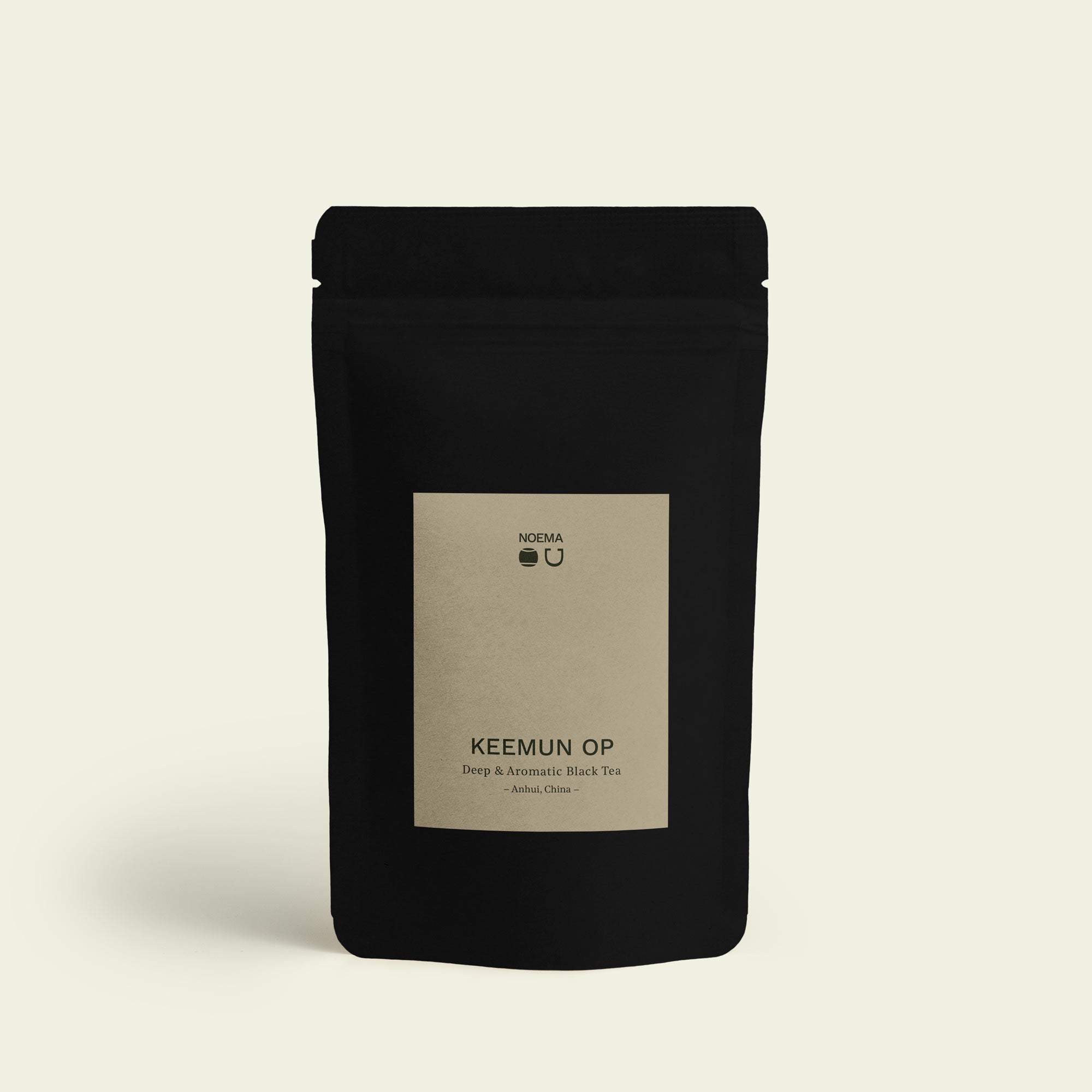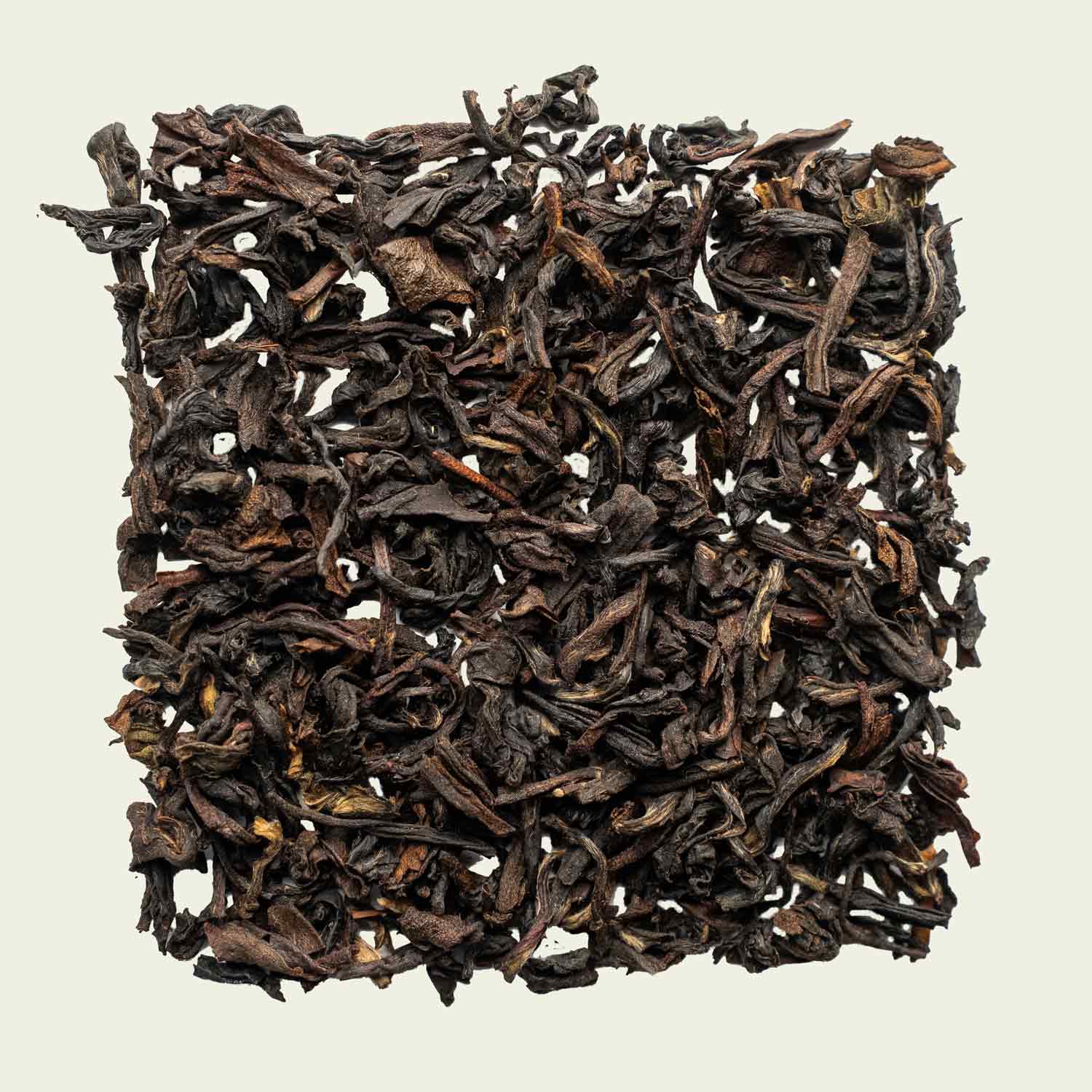
What makes black tea so special?
The Diversity of Black Tea
Floral & gentle elegance
Spicy & smoky
Malty & full-bodied
Rarities & Specialties

Our favorite black teas
How to make the perfect infusion
Quantity
Temperature
Time
Infusion



Keemun OP
Keemun OP is a traditional black tea from China’s Anhui province, renowned for its refined balance of spicy sweetness, delicate fruity notes, and a hint of smokiness. Its vibrant reddish-brown infusion and elegant aroma make it a timeless classic.
Character
Mild, soft and delicately aromatic with a sweet-spicy depth and gentle hints of cocoa, fruit and smoke.
Quality
Origin
Keemun OP comes from the misty mountains of Anhui, where cool air and mineral-rich soils lend depth and complexity.
Ingredients

Origin
Questions & Answers





